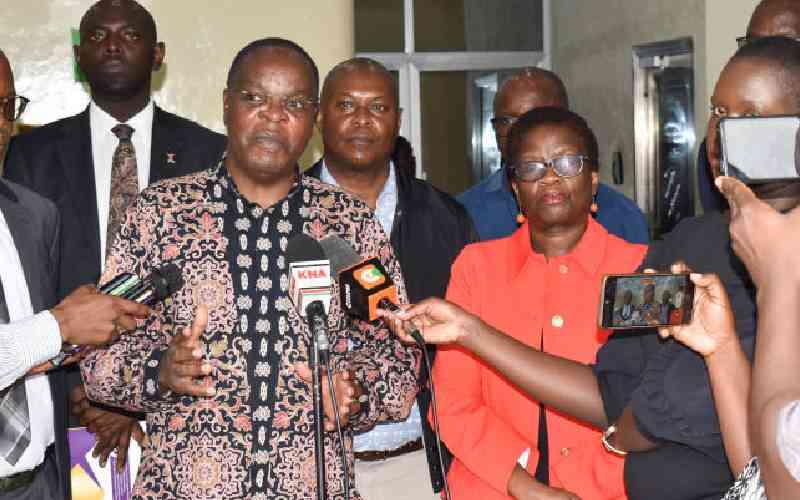×
The Standard e-Paper
Join Thousands Daily

The Ethics and Anti-Corruption Commission (EACC) has promised to investigate how the country's debt rose to Sh11.1 trillion.
With the current government incurring a debt of over Sh2.4 trillion since coming into power, the commission said some of the projects that benefitted from the funds were on its radar.